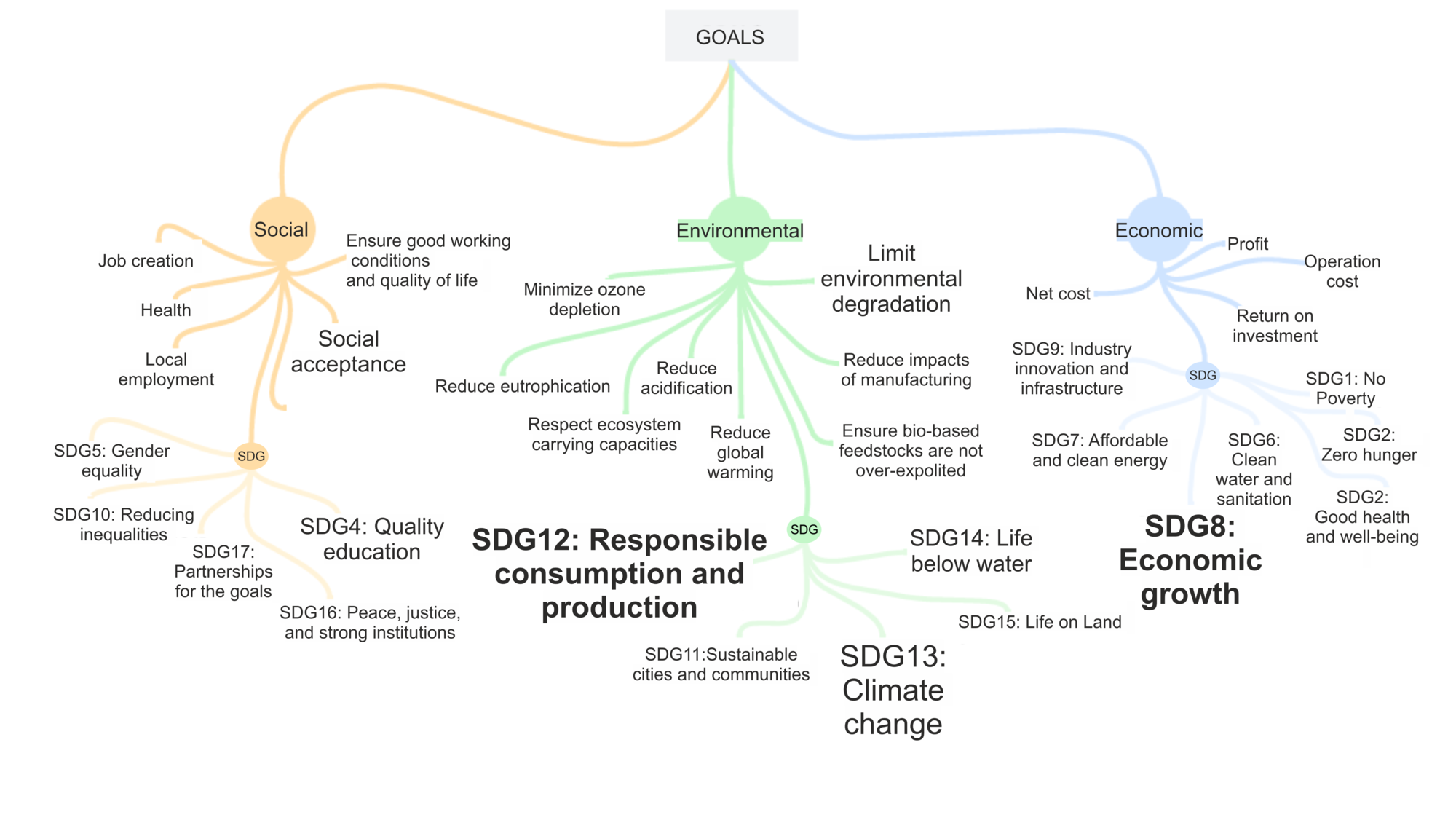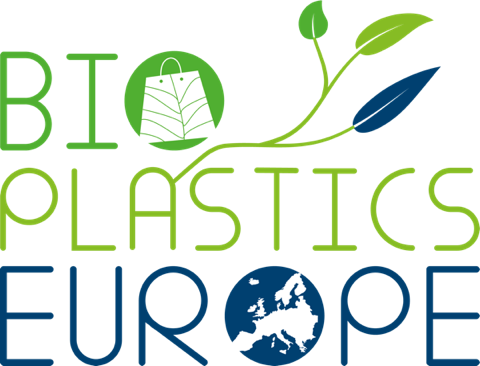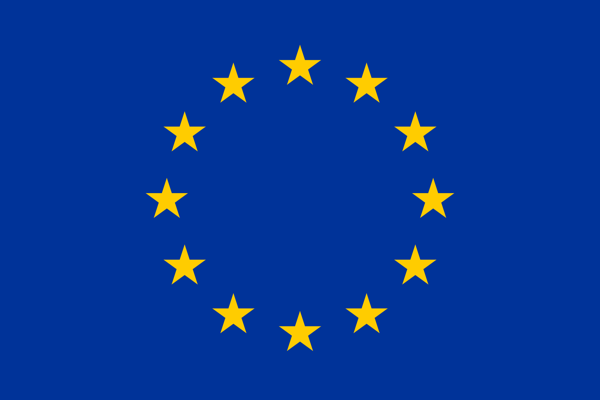Work in Progress: The Bio-based Plastics Sustainability Framework
By Carly Fletcher, Elen Parry (MMU, UK) and Cintia Nunes (HAW, Germany).

Original figure by E. Parry and C. Fletcher, Manchester Metropolitan University
Sustainability is a crucial element of the BIO-PLASTICS EUROPE project and is intertwined across all
our tasks. Thus, we must make sure that all work completed and communicated beyond aligns with sustainability objectives.
But first, what exactly is sustainability? The United Nations Brundtland Commission defined sustainability within its seminal report, Our Common Future, as: “meeting the needs of the present without compromising the ability of future generations to meet their own needs”. This definition encapsulates the consideration of environmental concerns, along with the promotion of economic development and social well-being. Since its publication in 1987, this definition of sustainable development has been explored and conceptualised in many frameworks, including the UN Sustainable Development Goals (SDGs) . While these goals are intended to apply universally to all countries, the EU have been prominent in using them as a compass, not only when developing new policies and strategies, but also when dealing with economic, social, and environmental crises.
So far so good. However, the main stumbling block for achieving sustainability is its operationalisation, in other words: what are the actions and activities that stakeholders need to do to achieve sustainability? Many people and organisations are trying to answer this question, so much so that studies on sustainable practices have increased across industry and academia. In short, researchers and practitioners are developing sustainability frameworks, that is: tools that help identify impacts and support sustainable practices.
Research completed by Manchester Metropolitan University focused on how the uptake of the term “sustainability framework” is trending within the literature, and reviewed 234 sources that included, or described, a version of this concept to understand what makes a really effective sustainability framework. A key output from this work was the identification of key themes and concepts mentioned by these sources and how they are used to ensure sustainability. This research found that most sustainability frameworks are configured around four key stages:
(1) Focus – what is the product, company or activity considered,
(2) Goals – what is the sustainability framework hoping to achieve,
(3) Strategies – what are the actions needed to either achieve the goal or record progress, and
(4) Assurance – how can any steps/action taken be qualified or assessed (ideally by an independent third party).
As presented by the visual map above, the sustainability goals analysed tend to be equally aligned between the three pillars of sustainability: social, environmental, and economic. Of particular note here are the objectives to reduce environmental degradation and social acceptance (ensuring that society approves innovations that are more sustainable), which were included in multiple sources. In addition, there is notably a high level of recognition of the UN SDGs across the sources assessed, in particular SDG 12: Sustainable Consumption and Production and SDG8: Economic Growth, and to a lesser extent SDG4: Quality education, which were all recognised by several sources.
After concluding this study, we now know more about what a sustainability framework can be. Our next steps will see us move to a more focused position: understanding how a sustainability framework could be developed for the biodegradable bio-based plastics sector. To do this, we will gather inputs from all of our project partners during our upcoming General Assembly in September 2022. We will also be hosting an online interactive event in Spring 2023, in collaboration with European Bioplastics (an industry association), to gather input from wider stakeholders and members of the public. So, we invite you to keep checking our events pages for more details on this exciting collaboration.
Using all this information, we will develop the Bio-based Plastics Sustainability Framework as a part of the Bio-based Plastics Safety Protocol. This tool will ensure that sustainability is comprehensively considered in this up-and-coming sector – we aim to release our findings by Summer 2023. So watch this space!

